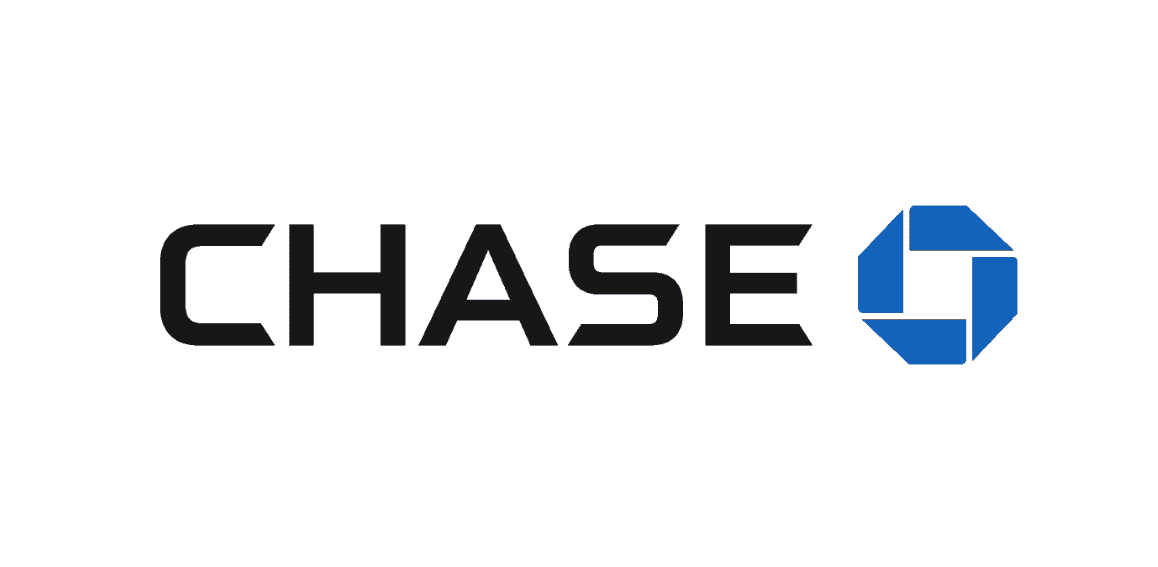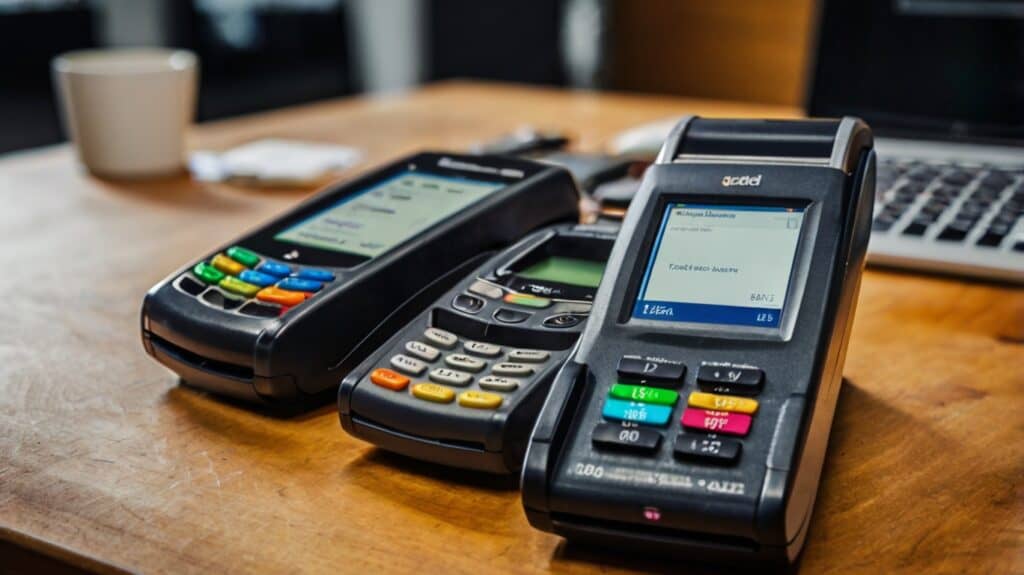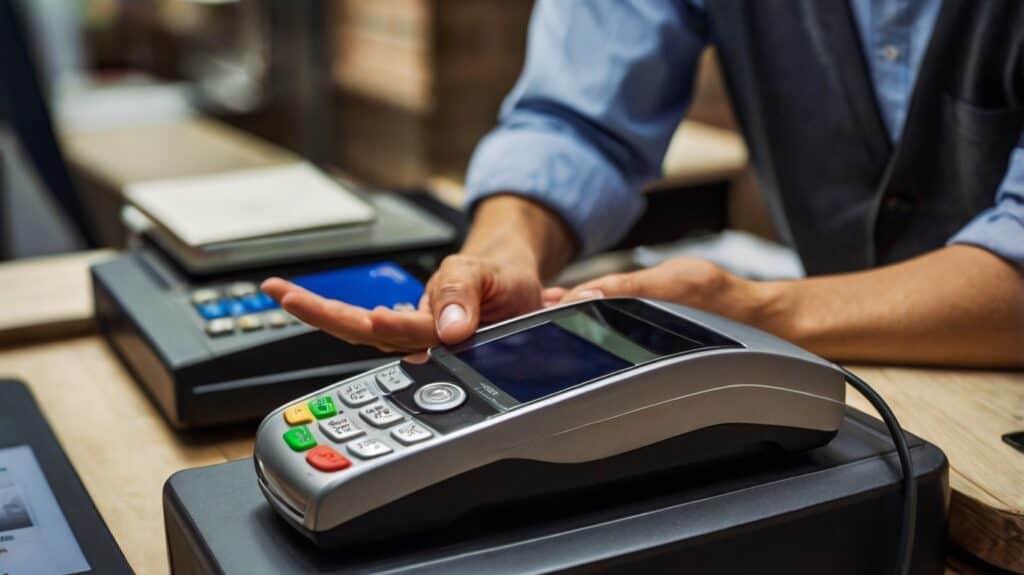
Chase is one of the largest banks in the United States, with millions of card holders and a massive small-business footprint. When a business signs up for Chase payment solutions, they are tapped on that scale – especially analytics obtained from Chase cards and banking networks. This provider pursues the most different customer insight, a free analytics suit that converts raw transactions data into customer intelligence. The platform also brings a range of modern virtual terminal (Orbital), a series of POS hardware options (including restaurants and retail systems), and unique offering for strong mobile capabilities and healthcare with tap to pay on iPhone, also through HIPAA-Compliant payment.
This review discuss about Chase payment solutions. Let us understand in detail.
Ease Of Use
Because it sits inside the widespread business ecosystem of Chase, the dashboard can feel more complicated than payment apps. Tools may live in separate Chase portals – cases, banking, analytics – sometimes requiring additional clicks. Flip side is a modern, well organized interface: clear menu, predictable navigation, and consistent styling once users learn the layout. Most teams should quickly go on the ship, especially if they already use Chase Business Banking.
In short, not the simplest UI in the category, but logical and learning. The width of the features explains the additional navigation.
Standout Feature: Chase Customer Insights
This is the main reason many reviewers rate Chase Payment Solutions highly. Standard payment processors provide payout summaries and basic sales reports. Customer Insights goes much further:
- Sale performance: Daily sales tool, trend and average ticket size.
- Cohorts: New vs. returning customers, frequency, and reports.
- Demographic: Customer age, income, gender and location collected scenes (eg, zip code).
- Behavior pattern: Where customers come from (geographically), when they shop (day/time), and how they buy (in-store versus online).
- Benchmarking: Comparison against similar businesses in the field to identify strength and gaps.
These insight can run solid tasks: staffing adjustments based on time-boxed promo, traffic curves, neighborhood advertisements, and inventory decisions reported by basket composition during peak hours. Some processors match this depth of business intelligence without any additional cost, which is why many label Chase payment solutions solution as the strongest option for data-operated traders.
Virtual Terminal: Orbital
Chase’s Orbital virtual terminal allows manual key-entry of card-not-present transactions (phone order, mail order) and recurring billing as well as secured card-on-file storage. Built-in fraud controls—AVS/CVV checks and other risk screening—mitigate unauthorized use. Orbital also accepts a range of payment methods, ranging from credit and debit to ACH, allowing teams consolidate credit card and bank transfer payment without additional hardware. For businesses with a sizeable remote billing workflow (wholesale orders, professional services, repair shops), this is a robust option.
POS Hardware and Industry Systems
Chase payment solutions offers a range of in-person solutions:
- Portable terminal ($499): For countertop or curbside workflows.
- QuickAccept readers: Base $49, reader $99, or bundle for $129. These pair with the Chase Mobile app for chip, swipe, and Tap to Pay on iPhone.
- Restaurant POS: TouchBistro systems sold through Chase for front-of-house, menu management, and kitchen flows.
- Retail POS: Silver Essentials by NCR Voyix, suitable for single- and multi-store retailers with inventory and reporting needs.
The hardware integrates with the Chase Business Complete Banking for a systematic disposal. Traders who like various POS brands can still process through Chase gateway or connect through supported integration.
Mobile Payments Offered By Chase Payment Solutions
Mobile payments are a requirement for pop-ups, service firms, and line-busting. The Chase Mobile application addresses all aspects of the use case:
- Tap to Pay on iPhone: No additional hardware required.
- Manual key-entry and payment links: For remote or on-the-spot invoices.
- In-app invoicing: Create and send professional invoices directly.
- Real-time tracking: See transactions and payouts as they occur.
When paired with a Chase business checking account, merchants can access no-fee same-day deposits—a meaningful cash-flow advantage over many third-party providers.
HIPAA-Compliant Healthcare Payments (InstaMed)
Chase payment solutions is reportedly unique among the large processors, since it has partnered with InstaMed to provide HIPAA compliant payments. The system allows for collections in office as well as online bill pay and e-statements. Practices can save cards on file for these recurring charges, along with the ability to accept credit, debit, and ACH. For clinics, dental offices and specialty practices, this can streamline collections, enhance the patient payment experience and help meet regulations.
Merchant Account & Gateway Options
Chase provides genuine merchant accounts with its own secure gateway—no extra configuration for most card-present and eCommerce flows. Chase resells Authorize.net for teams already standardized on other gateways, providing continuity with existing integrations and settling and reporting within the Chase ecosystem. It mitigates switching frictions for larger firms.
Pricing
Chase’s published flat-rate pricing:
- In-person (with card reader): 6% + $0.10
- Online (eCommerce): 9% + $0.25
- Manually keyed: 5% + $0.10
There are no monthly processing fees, and analytics (Customer Insights) plus same-day deposits with a Chase business checking account come at no extra charge. Larger businesses can request interchange-plus pricing, which may be more economical at scale.
Potential additional fees:
- Early termination: If free equipment is provided, the contract may include an ETF for early cancellation.
- Third-party/agent markups: Chase sells directly and via independent agents. Some agents add fees; merchants should review agent contracts carefully and consider applying directly through Chase if extras appear.
- Chargebacks: Chase may charge $25–$100 per incident.
Customer Support
Chase offers phone support 24 hours a day, seven days a week, and an extensive Merchant Support Center on the Web, with articles on how to do most anything, free skills courses, and “The Unshakeables” podcast. Having a wide selection of content is a plus but some reviewers report being put on hold for long periods of time during high-traffic times. As with any large institution, though, experiences differ depending on the queue and issue type. Onboarding teams generally find that implementation guidance is thorough, and banking integration questions are easier to resolve when both payments and checking are under one roof.
Pros and Cons of Chase Payment Solutions
Pros
- Exceptional Customer Insights analytics at no extra cost.
- Same-day deposits to Chase business checking, with no fees.
- Broad product lineup: virtual terminal, mobile, countertop, restaurant and retail POS.
- HIPAA-compliant solution via InstaMed (rare among major processors).
- Flexible gateway options, including Authorize.net resale.
Cons
- Flat-rate pricing can be higher than subscription or interchange-plus competitors.
- Dashboard can feel complex across the broader Chase ecosystem.
- Some benefits tied to Chase checking.
- Potential ETF with free equipment; chargeback fees apply.
- Reports of long hold times in some support queues.
Final Thoughts
As a leader in payments, Chase Payment Solutions is no slouch: solid acquiring, powerful in-person and digital solutions, as well as analytics that truly matter, unlike most other competitors. It is not the least expensive processor cost–especially at flat rates–but business intelligence, same-day funding, and bundling banking and payments can balance the cost. Larger firms could obtain more favorable terms, while smaller firms should balance the additional cost with the information and cash-flow quickening benefits.
For those merchants who are actually going to use the data, targeted campaigns, staffing by traffic pattern, product mix optimization, Chase payment solutions can actually pay for itself. If the primary goal is even lower processing costs, a subscription processor or negotiated interchange-plus plan may be preferable. Regardless, Chase is a top contender with its feature depth, healthcare compliance option, and analytics leadership—particularly for merchants already in the Chase ecosystem.
Frequently Asked Questions
- Why do firearm merchants experience higher transaction decline rates compared to other industries?
Firearm merchants operate in a high-risk category with stricter regulations, complex shipping rules, and increased scrutiny from banks and card issuers. These factors trigger additional fraud checks, compliance holds, and issuer-level declines.
- What’s the difference between a soft decline and a hard decline?
A soft decline is temporary—such as insufficient funds or a temporary bank hold—and can often be resolved by retrying or offering an alternative payment method. A hard decline is permanent for that transaction, often due to stolen cards, expired cards, or issuer policy blocks.
- Can using multiple payment processors reduce decline rates?
Yes. Multi-acquirer or multi-gateway setups allow routing declined transactions to another processor for a retry, improving approval rates while maintaining compliance.
- How can checkout design impact transaction approval rates?
A clear, mobile-friendly, single-page checkout with minimal required fields reduces user errors and abandoned carts. Making CVV and AVS entry easy and error-free can help prevent mismatches that lead to declines.
- Are there alternative payment methods that work well for firearm sales?
Yes. Where legally permitted, ACH/eCheck, debit cards, and select trusted wallets can bypass some card network restrictions and improve transaction success rates.
Ref: https://www.business.com/reviews/chase-merchant-services/









